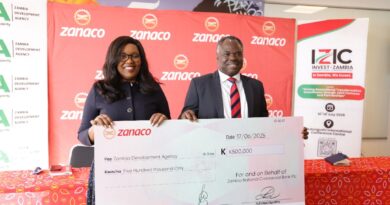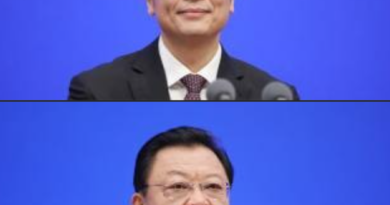Will the 80th UNGA Theme of ‘Better Together’ Unite Leaders on Safe Abortion Rights?
As the 80th United Nations General Assembly (UNGA) convenes under the theme “Better together: 80 years and more for peace, development and human rights”, pressing questions remain: will world leaders come together to halt anti-rights pushbacks, protect gender equality, and recognise safe abortion as a fundamental human right?
Safe abortion has long been central to the struggle for sexual and reproductive health and rights. Dr Mabel Bianco, physician-activist and founding president of FEIM (Foundation for Studies and Research on Women), Argentina, recalled how the first Safe Abortion Day was observed in 1990 across Latin America. “Safe abortion rights are part of sexual and reproductive health, rights and justice – and not separate. Not giving safe abortion rights is a violation of women’s rights,” she stressed.
Echoing this, Shobha Shukla, Coordinator of SHE & Rights, emphasised: “Abortion is essential, life-saving sexual and reproductive healthcare, a fundamental human right, and central to reproductive freedom and justice. It is also a cornerstone of gender equality and a critical component in achieving the Sustainable Development Goals (SDGs).”
Yet, with less than 64 months left to deliver on the SDGs, campaigners warn of a coordinated global backlash. “We are witnessing stronger opposition to abortion rights, reproductive justice and gender equality movements,” noted Shukla, who also served as Lead Discussant for SDG-3 (Health and Wellbeing) at the UN High-Level Political Forum 2025. She called on governments to make abortion, including self-managed abortion, safe, legal, accessible and affordable, by removing restrictive and criminalising laws.
Tomoko Fukuda, Regional Director of the International Planned Parenthood Federation (IPPF) for East, South-East Asia and Oceania, urged solidarity: “The more we hold hands, the more we come together, the bigger the movement we can be, the louder our voice can be, and the bigger the mark we will make.”
Nelly Munyasia, Executive Director of the Reproductive Health Network Kenya (RHNK), pointed to mixed progress across Africa. “Countries like South Africa, Mozambique and Tunisia have progressive abortion laws, but others such as Kenya remain restrictive. Anti-rights groups are using religion and culture to roll back access, infiltrating policy spaces and even targeting providers with arrests or delisting.”
Despite this, Munyasia welcomed Kenya’s adoption of WHO’s 2019 guidelines and the development of reproductive health self-care frameworks, including safe abortion self-management and self-injectable contraceptives. “Self-care is a gamechanger. It empowers women with autonomy, reduces costs, and ensures no woman dies from preventable causes,” she said.
Dr Suchitra Dalvie, co-founder and coordinator of the Asia Safe Abortion Partnership (ASAP), linked unsafe abortion to systemic inequities. “Being forced into an unsafe abortion is a form of torture,” she reminded. She underscored the need to connect safe abortion advocacy with broader struggles against patriarchy, capitalism, colonial legacies, and rising authoritarianism.
“With young people facing outdated penal codes that criminalise abortion and miscarriage, pronatalist policies are resurging globally. From child marriages to lack of education and healthcare, unsafe abortion compounds vulnerabilities faced by women, girls and marginalised communities. We must contextualise safe abortion rights within these intersecting realities,” Dr Dalvie added.
The SHE & Rights session, themed “Abortion Rights are Human Rights”, marked the first anniversary of the initiative. It was held ahead of the 80th UNGA, World Contraception Day (26 September) and International Safe Abortion Day (28 September).
The event was co-hosted by the Global Center for Health Diplomacy and Inclusion (CeHDI), International Conference on Family Planning (ICFP 2025), Family Planning News Network (FPNN), International Planned Parenthood Federation (IPPF), Asian-Pacific Resource and Research Centre for Women (ARROW), Women’s Global Network for Reproductive Rights (WGNRR), Asia Safe Abortion Partnership (ASAP), Asia Pacific Media Alliance for Health and Development (APCAT Media) and CNS.
As world leaders gather in New York, advocates insist that sexual and reproductive health and rights are non-negotiable—and that safe abortion must be recognised as central to gender equality, human rights, and global development.



